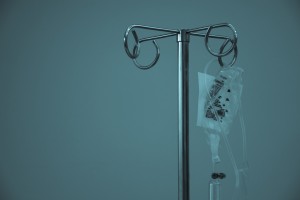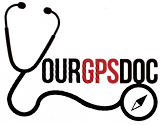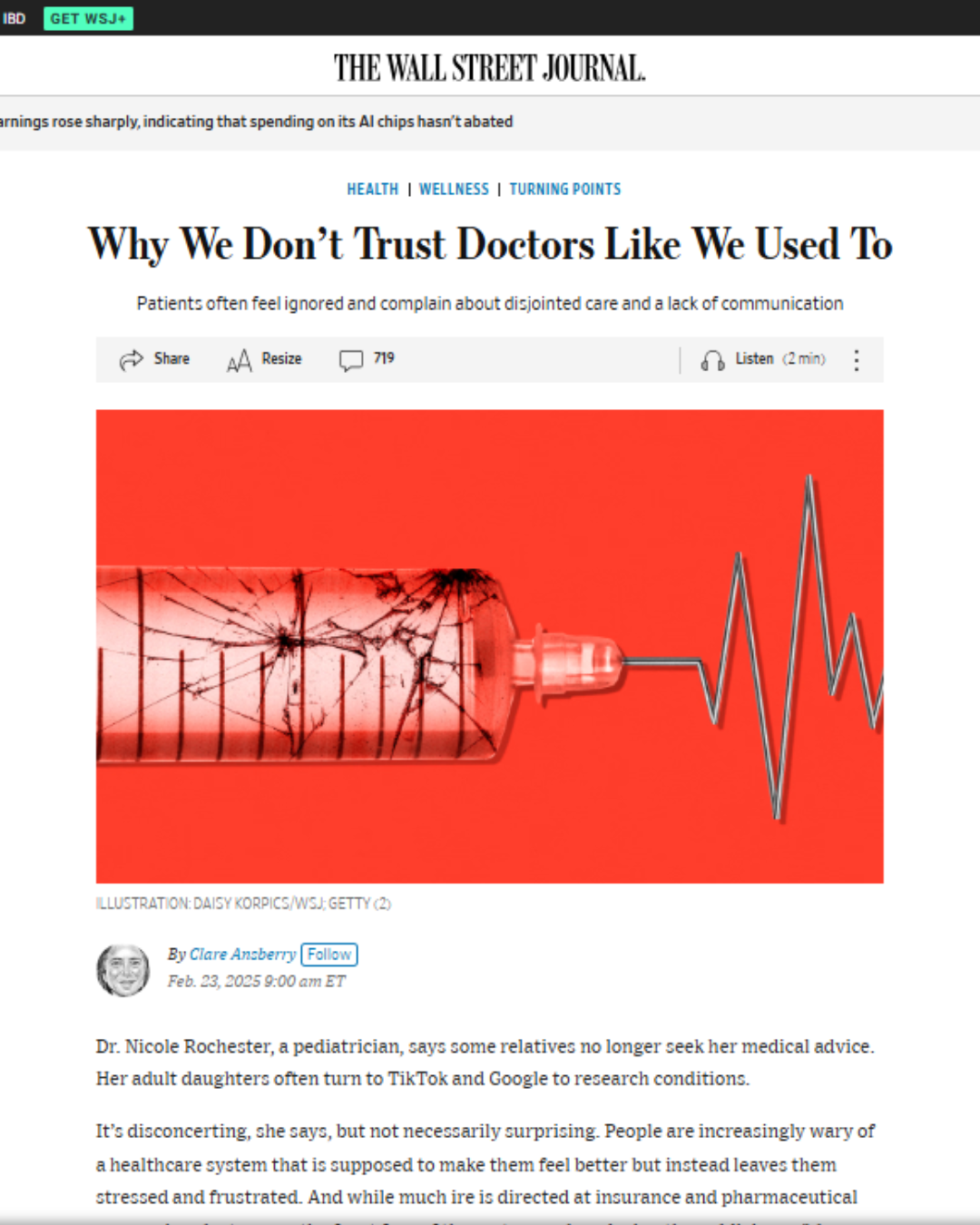*Note: To watch Episode #10 of “Navigator Nuggets”, my weekly Facebook Live show (Mondays 8pm ET) where we had an informative discussion on this topic, click here.
In December 2017, a 75-year-old woman in stable condition recovering from a brain bleed at Vanderbilt University Medical Center died after a nurse committed a medication error. The nurse mistakenly injected Vecuronium, a medication that paralyzes all of your muscles rendering you unable to breathe or move, instead of Versed, a sedative given prior to anxiety-provoking procedures or tests to help patients feel sleepy and relaxed. The nurse admitted to overriding a critical safety process meant to prevent this very type of error. A full investigation was launched by the Centers for Medicare and Medicaid Services in December 2018 and the hospital subsequently developed an extensive plan of action to prevent similar medication errors in the future. (For more information about this incident, click here.) On 2/4/19, the nurse at fault was charged with reckless homicide.
I wish I could say this was a rare incident but, unfortunately, that is not the case. A 2016 study conducted at Johns Hopkins University revealed that more than 250,000 patients each year die as a result of a medical error. In fact, medical errors are the 3rd leading cause of death, after heart disease and cancer. According to the National Coordinating Council for Medication Error Reporting and Prevention, a medication error is defined as “any preventable event that may cause or lead to inappropriate medication use or patient harm while the medication is in the control of the healthcare professional, patient, or consumer.” It is estimated that 7,000 – 10,000 deaths each year are secondary to medication errors. The true impact of medication errors is much larger, as studies show that many of these errors are unreported.

Photo by Marcelo Leal on Unsplash
Every hospitalized patient is at risk of being a victim of a medication error, but there are certain factors that can increase your risk:
- Patient characteristics: extremes in age (infants/pediatric patients and the elderly), polypharmacy (taking multiple medications), having multiple health conditions
- Medication characteristics: high-risk medications (such as narcotics, sedatives, potassium, chemotherapy, insulin, blood thinners), look-alike/sound-alike meds
- Staffing/Work environment: inadequate staffing, multiple distractions, inadequate knowledge/experience, poor communication, lack of standardized policies/procedures, not following policy, human error
While these risk factors are out of your control as a patient or family caregiver, there are things you can do to help protect yourself and your loved ones in hospital settings.
Photo by rawpixel on Unsplash
Here are 5 things patients and family caregivers can do to help prevent medication errors in hospital settings:
Make sure your medication list includes the name of the medication, the dosage, and the instructions. For useful tips about how to use your smartphone to generate a medication list, check out 5 Ways to Use Your Smartphone to Improve Doctor Visits.
It is important that you know the name of the medication to which you are allergic AND the reaction. Not all adverse reactions to a drug (such as nausea, for example) are due to an allergy.
All hospitals have policies and procedures related to medication safety. Become familiar with these policies and observe closely to ensure they are being followed. If you notice a lapse, speak up!
- Medication Reconciliation: a process that includes obtaining a thorough medication history at the time of admission, making an active decision whether or not to continue each of those medications during the hospitalization, and providing the patient/family with an up-to-date medication list at the time of discharge that includes all changes
- Computerized physician order entry (CPOE): a system by which doctors are required to enter medication orders electronically; this not only avoids potential errors associated with illegible handwriting, but it also takes advantage of built-in safety checks within electronic medical record systems
- Barcode scanning: many hospitals print a unique barcode on your hospital band that links you to the medications ordered by your physician; before administering any medication, the nurse should scan the barcode on the medication then scan your barcode on your hospital bracelet to ensure you are being given the right medication at the right dosage
- Medication Double Check: for certain high-risk medications, including insulin, heparin drips, IV opioid medications, and paralyzing medications (such as the one mistakenly administered to the patient at Vanderbilt), two nurses should independently verify the medication, dose, strength, and route (how it is given to the patient, such as by mouth vs. IV) prior to the medication being given to the patient
BEFORE taking a medication or allowing a medication to be given to you, always ask the following questions:
- What is the name of this medication?
- Why am I being given this medication? (What is it for?)
- Are there any side effects I should be worried about?
In addition to asking these questions, if you have reservations about taking the medication or suspect an error, refuse to take it and ask to speak to the doctor.
*Tip: If a medication you take at home is given to you in the hospital and it looks different, ask questions. It may have a different shape or color because it was produced by a different manufacturer, but it could also be the wrong medication.
The Leap Frog Group is a national nonprofit organization committed to improving the quality and safety of healthcare in the United States by collecting and sharing data on a variety of measures. Twice a year, the group releases a Hospital Safety Grade for participating hospitals. I encourage you to check out their website and see how your area hospitals stack up. You don’t have a choice when you are having a medical emergency, but for elective procedures you can choose to obtain your medical care at a facility that is engaged in safe practices.
Medicare also published comprehensive safety and quality data about Medicare-certified hospitals on its hospital compare website.
Medication errors are very common in hospital settings. By following these tips, you will be empowered to advocate for yourself and minimize your risk of being a victim of these errors.
We had a wonderful discussion about medication errors on a recent episode of “Navigator Nuggets”, my weekly Facebook Live show where I share useful tips and information to help you navigate the healthcare system.
While we’re on the topic of medication safety, be sure to grab my free Medication Safety worksheet to help you keep track of your medications.








Nice and Good information.